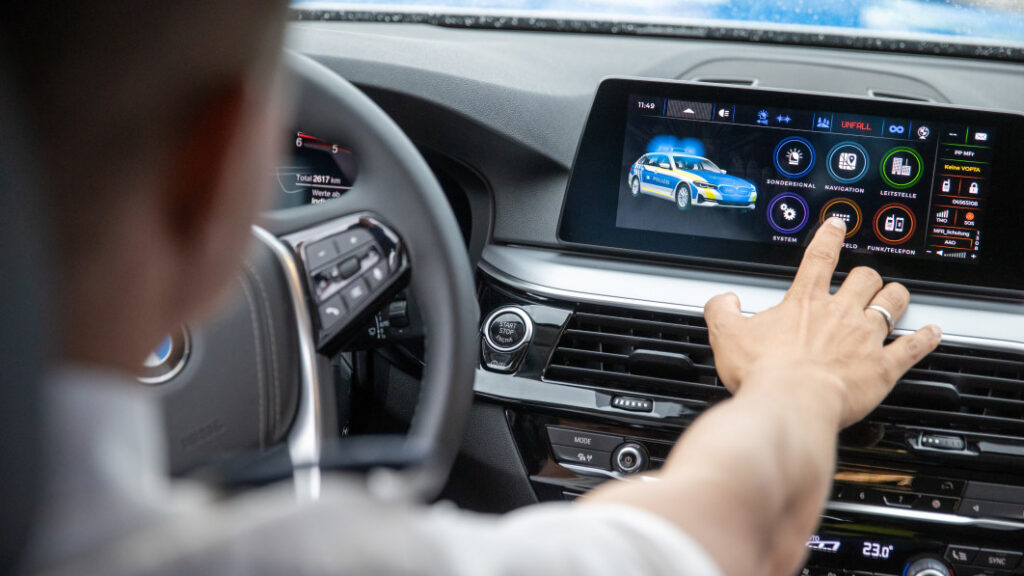Lexus tops J.D. Power 2024 Vehicle Dependability Survey, but overall dependability slips

Infotainment technologies involving connectivity — from systems like Apple CarPlay and Android Auto — are among the most problematic issues for drivers, according to a new J.D. Power Vehicle Dependability Survey.
The study ranks Lexus in the premium brand category as highest overall in vehicle dependability for a second consecutive year. Porsche and BMW come in second and third respectively.
Overall, the report is based on responses from 30,595 owners of 2021 model-year vehicles who were questioned after three years of ownership. The results suggest “a decline in long-term vehicle dependability, with increased levels of problems reported for nearly two-thirds of brands” included in the study.
Electric vehicles are not immune from dependability problems, Power says. Full EVs are the most troublesome, followed by plug-in hybrids; Hybrids and ICE vehicles do better. At three years of ownership, tires are a sore spot for battery-powered electric owners, with 39 percent saying that they replaced tires in the past 12 months — 19 percentage points higher than owners of gas-powered vehicles.
Returning to brand rankings, Toyota ranks highest in the mass market segment, with Buick second, while Chevrolet and Mini are tied for third. The top three brands showing the greatest improvement in the number of problems are Porsche, Mercedes-Benz and Toyota.
Toyota as a parent manufacturer received the most model-level awards, with nine: Lexus ES, Lexus IS, Lexus NX, Lexus RX, Toyota 4Runner, Toyota Camry, Toyota Corolla, Toyota Tacoma and Toyota Tundra. General Motors received four segment awards for Buick Encore, Chevrolet Equinox, Chevrolet Traverse and Chevrolet Tahoe. BMW receives two segment awards for BMW X1 and BMW X6.
Brands that slot in at the bottom of the survey include (in order) Volkswagen, Land Rover, Audi and Chrysler.
“Historically, VDS model results mirror the results of the respective model year in the J.D. Power Initial Quality Study, so a deterioration of vehicle dependability is unusual,” said Frank Hanley, senior director of auto benchmarking at J.D. Power. “This can likely be attributed to the tumultuous time during which these vehicles were built, and owners are keeping their vehicles for much longer. In fact, the average age of vehicles on American roads today is approximately 12 years, which underscores the importance of building a vehicle designed to stand the test of time.”
The dependability study, now in its 35th year, covers 184 specific problem areas across nine major vehicle categories: climate; driving assistance; driving experience; exterior; features/controls/displays; infotainment; interior; powertrain; and seats. A caveat to keep in mind: Power’s methodology does not weight the severity of the problems, so it does not distinguish between a fussy infotainment system and a blown engine or transmission. And as noted at top, infotainment issues make up the majority of the problems.
Check out the full survey at J.D. Power for more details.







